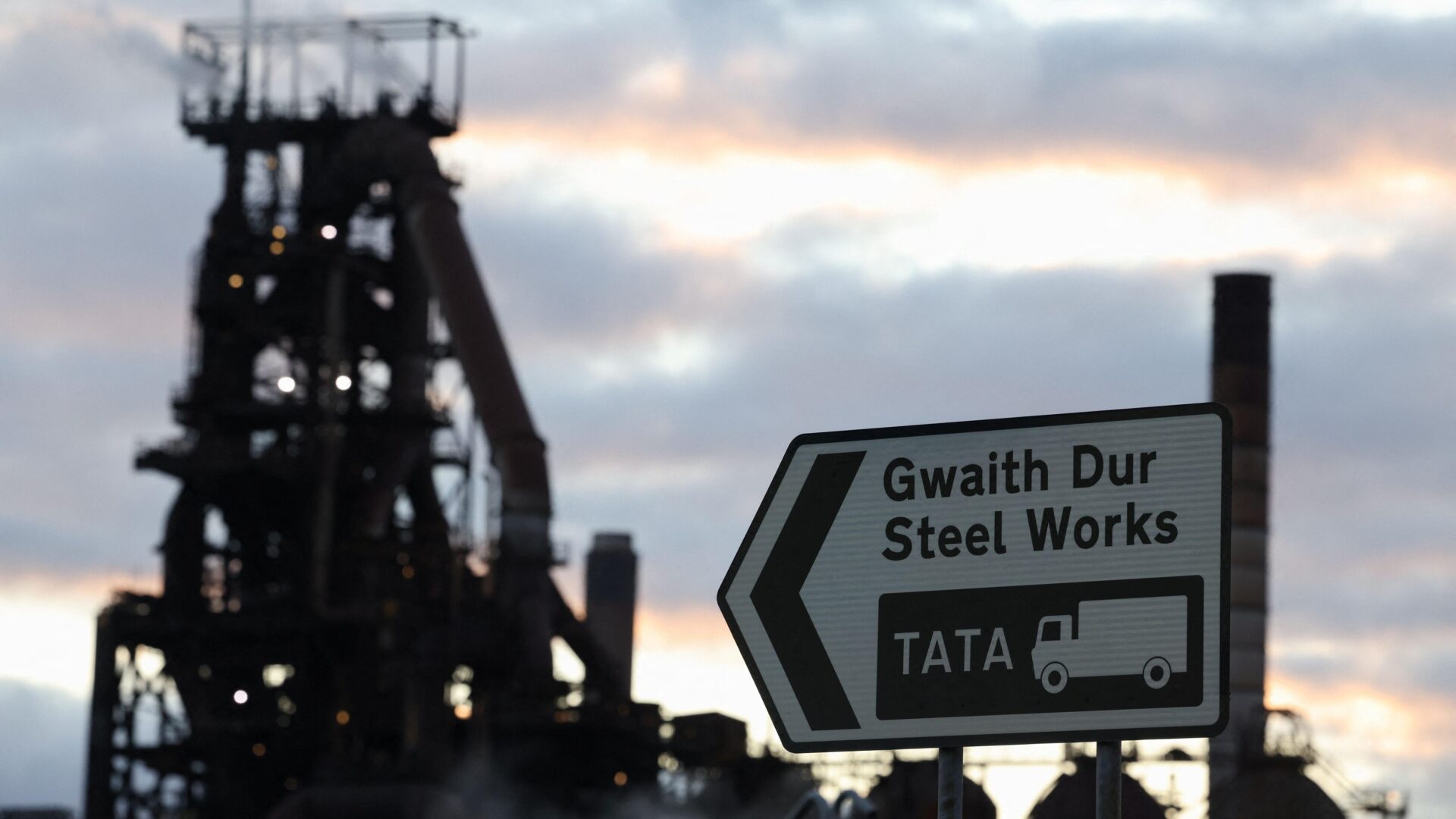Tata Steel has signed a contract with Italy’s Tenova for the installation of an electric arc furnace (EAF) at its Port Talbot plant in Wales. This decision follows the closure of the last blast furnace at what was once the largest steelworks in Europe, marking a pivotal transition in the UK steel industry amid challenges posed by global competition and a decline in traditional production methods.
The cessation of blast furnace operations, which have dominated steel manufacturing for over a century, reflects the broader struggles faced by Britain’s steel sector, particularly in competing with lower-cost imports. The implementation of an electric arc furnace represents a bold step forward in Tata Steel’s vision to modernise and decarbonise its production processes. The £1.25 billion ($1.68 billion) project is bolstered by a substantial £500 million investment from the British government, underscoring the strategic importance of this initiative for both the company and the national economy.
Once operational, the electric arc furnace is projected to reduce carbon emissions at the Port Talbot site by an impressive 90%, equating to a reduction of 5 million tonnes of carbon dioxide annually. This substantial decrease aligns with the UK’s commitment to achieving net-zero emissions and showcases Tata Steel’s proactive approach to environmental sustainability. The transition to an electric arc furnace involves a three to four-year decarbonisation plan, which Tata Steel has outlined with meticulous detail. Following public consultations regarding the planning application, the company is set to submit its proposal by November 2024, aiming to commence site work by July 2025. This timeline not only highlights Tata Steel’s dedication to compliance and community engagement but also reflects an understanding of the urgency surrounding climate change and industrial transformation.
The initiative represents more than just a technological upgrade; it embodies a broader shift towards sustainable practices in heavy industry. By investing in cleaner production methods, Tata Steel is positioning itself at the forefront of an evolving sector that prioritises environmental responsibility. As global attention intensifies around climate issues, such investments will be crucial in revitalising local economies and preserving jobs. In the wake of its recent historical milestones, Tata Steel’s partnership with Tenova signifies a renewed hope for the future of steel production in the UK. As the industry grapples with its past and embraces a greener future, the Port Talbot plant stands as a beacon of innovation and commitment to sustainability.


